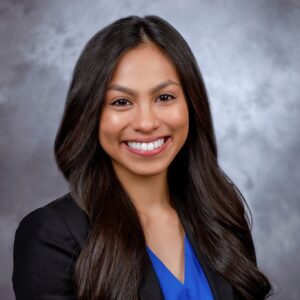 1) Where are you currently serving/working? Please share a bit about the work/ministry in which you are involved.
1) Where are you currently serving/working? Please share a bit about the work/ministry in which you are involved.
I am currently in my fourth year of medical school at the Texas A&M College of Medicine and doing my clinical rotations at Baylor Scott & White in Temple, Texas. Upon graduation, I plan to go into a three-year Internal Medicine residency program. Afterward, I hope to specialize in Hematology/Oncology, which is another 3-year fellowship program. I am hoping to return to a more rural and underserved area when I become an attending physician.
2) What are some of your memories from your time in the LF program?
Every trip I have had with the LF program was memorable! The trips were definitely some of the highlights of my college experience. Some of my favorite memories include the wonderful and eye-opening experiences I had in Cuba, learning about how Christian faith and socioeconomic policy intersect in a socialist country. Hearing from Cubans about their country, and their goals to continue an “ethics-based economy” with the country opening up to the world, was a humbling experience. As a future physician, I also appreciated the time I got to spend talking to a physician from a small Cuban town, learning about how their community-based medical system works and how it truly cares for all types of citizens, rich or poor.
3) What skills, experiences and/or knowledge did you gain by participating in the LF program?
As fellows, we were so lucky to learn from great leaders. Rev. Chris Dorsey really set the tone and allowed for meaningful experiences in the program. I continued to learn about the importance of living out our Christian faith, not only by word but also through service. We were encouraged to seek out systems of injustice and evaluate the ways we can transform those oppressive systems.
4) In what ways has this participation shaped your understanding of ministry and, in particular, what it means to be a leader?
I think that the HELM Leadership Fellows Program has taught me that to lead doesn’t necessarily mean one has to be the loudest or bravest or wisest person in the room. It means to learn about each member of your community, realize the God-given gifts each has to bring to the table, and learn how to make those talents shine as bright as they can. In addition, being a leader means realizing the best ways we can live out Christ’s mandate to love one another as much as we love God and to evaluate the ways in which we aren’t living up to that standard. It means to continually challenge the status quo and to do right by those who are oppressed by the status quo.
